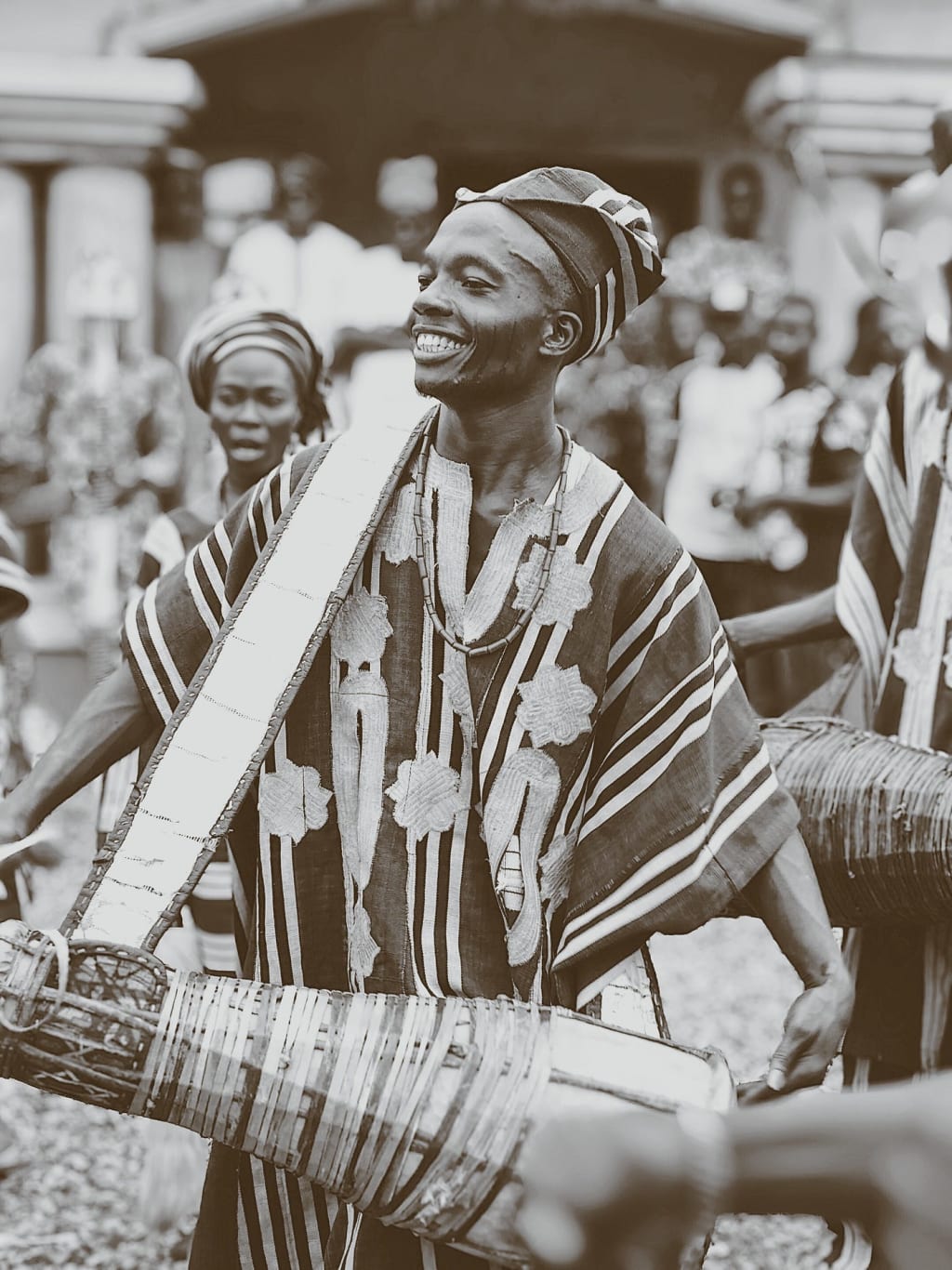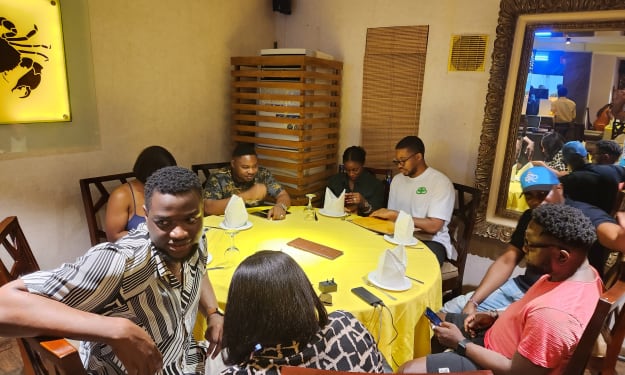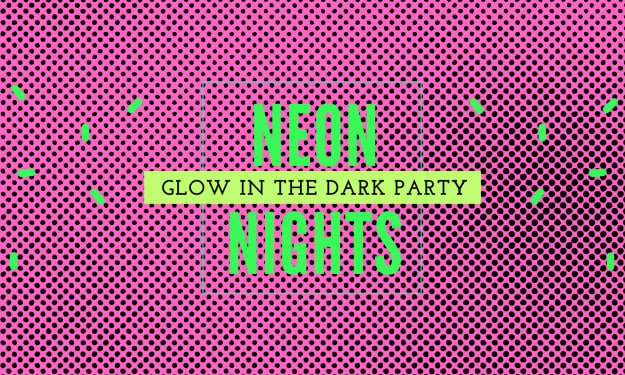THE INFLUENCE OF BROKEN/PIDGIN ENGLISH IN NIGERIAN MUSIC
The influence of pidgin English in music traces back to historical moments when it served as a tool for cross-cultural exchange during festivals and other events. Pioneers of Afrobeat like Fela used pidgin English to sing and share their stories, while the greats of "highlife music" incorporated pidgin and their local dialects into their compositions. Similarly, music legends from different regions of Nigeria utilized pidgin English in their songs.

In our relentless pursuit of progress, we often overlook the origins of certain phenomena. Communication, a vital aspect of human evolution in various domains such as life, business, and education, deserves contemplation. In the early stages of human existence, music served as a means of communication rather than solely for pleasure. Bells, drums, horns, and human voices were employed to transmit messages across great distances.
Nature itself provides a prime example of music's communicative power. Birds, with their melodic morning tunes, employ high-pitched sounds to convey information to one another, whether to alert a fellow bird of a potential threat or invite them to partake in a meal.
Pidgin or broken English originated during the time of Nigeria's colonial masters. It emerged as a means for people to communicate and trade with the missionaries and colonialists who didn't speak their native languages. This linguistic fusion consisted of English intertwined with slang. Pidgin English is spoken across West African states such as Ghana, Cameroon, Sierra Leone, and others.
Nigerian music, widely recognized as Afrobeat, owes much of its success to the infusion of Pidgin and broken English. The incorporation of these languages into lyrics, melodies, and production has endeared the music to people and facilitated its widespread popularity across the African continent and Europe, as Africans travel the world.
Nigerian music encompasses various genres, including Afrobeat, highlife, reggae, Afro-pop, and more. Regardless of the genre, one common element found in Nigerian music is the use of broken or pidgin English in the lyrics. Broken/pidgin English serves as the primary means of communication among the people of Nigeria and several other West African countries.
Music possesses tremendous communicative power, conveying messages through literal, spiritual, and verbal means. It provides a medium for sharing emotions, intentions, thoughts, and messages. For those in need of special communication tools, music can serve as a vital lifeline.
The influence of pidgin English in music traces back to historical moments when it served as a tool for cross-cultural exchange during festivals and other events. Pioneers of Afrobeat like Fela used pidgin English to sing and share their stories, while the greats of "highlife music" incorporated pidgin and their local dialects into their compositions. Similarly, music legends from different regions of Nigeria utilized pidgin English in their songs.
During the early fusion of Afrobeat with hip-hop, R&B, and other genres, singing in pidgin and local dialects became a trend. This continued until the emergence of a new wave of artists in the hip-hop scene during the early millennial era, including Modenine, Ruggedman, and Idris Abdulkareem. Modenine, however, opposed rapping in pidgin and local dialect, which was the norm for other artists. This disagreement sparked a beef between Ruggedman and Modenine, with both artists releasing rap songs targeting each other. The battle became captivating as these two were the biggest rap artists of that time.
Ruggedman consistently emphasized that incorporating one's language into songs was the key to preserving cultural identity. This philosophy influenced the evolution of artists like 9ice and instilled confidence in those already creating music in local dialects and pidgin English. Despite the opposition faced by a lone warrior fighting against an entire industry, the language and cultural heritage persevered.
Until the present day, the evolution of Nigerian music has not significantly altered the use of pidgin English. Instead, it has adapted over time by incorporating new slangs to add spice and make it relatable to the current generation. Wizkid, Davido, Rema, Yemi Alade, and many others are contemporary music greats who employ pidgin English in their songs.
Pidgin English serves as a unifying mode of communication across Nigeria, transcending geographical boundaries. Its influence cannot be denied in the widespread reach of music, which is known as a universal language that cuts across tribes, religions, and people.





Comments
There are no comments for this story
Be the first to respond and start the conversation.